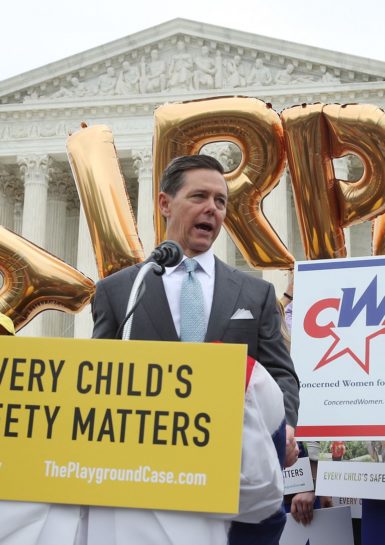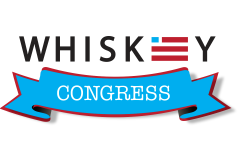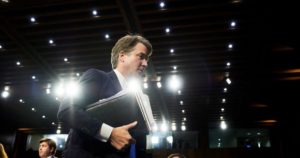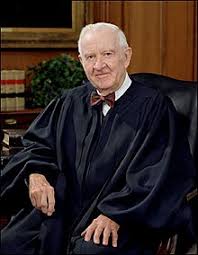
SCOTUS Allows Religious Entities State Money
The Supreme Court of the United States ruled in favor of religious entities receiving state funds. A number of states have Blaine Amendments, or amendments that restrict the disbursement of state funds to religious entities. With the SCOTUS ruling in favor of religious entities, religious schools, hospitals, and other entities will look to apply for various subsidies and state money.
The Supreme Court’s ruling on a high-profile case involving a church’s day-care playground surfaces will likely be used in church-state battles in the future, experts believe. The decision, released on Monday, involving a church in Missouri was seen as a victory for many advocates and a blow to those who wanted to see a high wall of separation between church and state.
The ruling has raised questions over state funding of religious institutions’ secular activity, especially what it could mean for school vouchers. The court ruled 7-2 that religious organizations may not be excluded from state programs if they have a secular intent, raising questions over church-state separation without discriminating against those who are religious.
If the church lost the case, some were worried that religious institutions could be barred from receiving public funding. For instance, could churches be considered ineligible for funding after natural disasters? And why did some justices disagree over a small footnote in the final ruling?
The question over whether religious institutions should receive government funding has been widely debated since President George W. Bush proposed a faith-based initiative where religious groups could apply for funding to provide social services. Where it gets complicated is the question of what constitutes funding or support for religion by the government, said Charles Haynes, director of the Religious Freedom Center at the Newseum.
In the majority opinion, the justices argue that excluding religious groups from this kind of state funding would discriminate against them based on religion. Haynes said he expects religious groups to apply for and receive government funding for a wide range of purposes, even in the 30-plus states that have Blaine Amendments that prohibit state funding of religious organizations, including schools.
The ruling, said Douglas Laycock, a professor at the University of Virginia Law School, means that Blaine Amendments are unconstitutional in at least some of their applications. “The question is how many applications, or which applications,” he said. “The case is not just about playgrounds.” He expects it will be easier for funds to go to religious institutions. In Colorado, the state court said the state’s Blaine Amendment barred religious schools from participating in a school choice program, and Laycock expects that it will be readdressed by the court.
Some of the Blaine Amendments are written in a way that could still prevent funds from going to religious institutions, said Daniel Hemel, a professor at University of Chicago Law School. For instance, he said, Connecticut has an amendment that says “no law shall ever be made, authorizing [the School Fund] to be diverted to any other use than the encouragement and support of public schools.” Even though it would essentially prevent religious institutions from receiving public funds, the Connecticut law doesn’t target churches, so it is likely fine, unlike some of the wording of other amendments.
Steve
Steve is an affordable multifamily housing professional that is also the co-founder of Whiskey Congress. Steve has written for national publications such as The National Marijuana News and other outlets as a guest blogger on topics covering sports, politics, and cannabis. Steve loves whiskey, cigars, and uses powerlifting as an outlet to deal with the fact that no one listens to his brilliant ideas.



